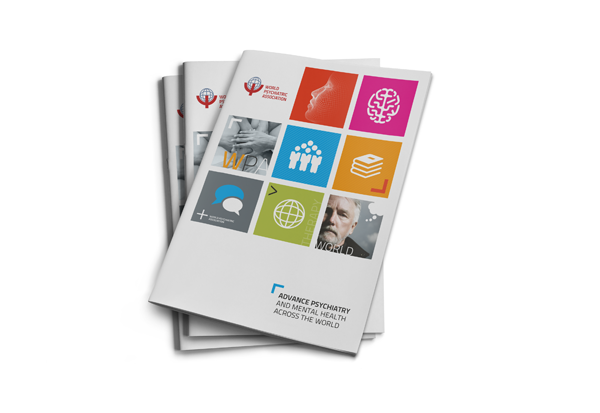Publications
Access to Services

SCfC Knowledge Sharing Seminar Darwin
The stakeholders of the Stronger Communities for Children (SCfC) program held the September 2018 Knowledge Sharing Seminar up in the tropics of Darwin.

Model of Practice for Mediation with Aboriginal Families in Central Australia
Relationships Australia delivers a wide range of services, including counselling, family dispute resolution, relationships education and parenting skills training, men and family relationships programs, early intervention services, child focussed programs and practices, and programs which specifically engage Aboriginal and culturally and linguistically diverse (CALD) families, groups and communities.

Improving the positive impact of disability services on the lives of Aboriginal and Torres Strait Islander people with disabilities in remote Australia

SCfC Knowledge Sharing Seminar Ltyentye Apurte
In April 2018, stakeholders of the Stronger Communities for Children (SCfC) program took the Knowledge Sharing Seminar out on the road again, this time to the beautiful Ltyentye Apurte (Santa Teresa) community.

Paraguay Working Together
In 2009, the Government of Paraguay established ‘Paraguay for Everyone’; a social development policy entitled that seeks to achieve goals in human development and social inclusion. In particular, the policy aims to improve the efficiency, effectiveness and transparency of Government social services

A Development Approach to Remote Services in Australia
The purpose of this paper is to provide a perspective on remote services, a perspective that draws on international practice in the field of development combined with insights from research on service delivery in remote Australia. The paper argues that there commonly exists a lack of consistency between strategic goals in service design and the realities of operational service delivery. Better outcomes from services could be achieved by an approach that orientates them towards human development objectives, leading to longer-term and sustainable results.

More Than a Drop in the Ocean: How can good examples of remote services be replicated?
This paper introduces elements of effective services and reviews international experiences on scaling up successful projects and programs, comparing them with the context of remote and regional Australia.
Aboriginal Community Researchers: crucial to hearing Aboriginal people’s voices and improving a trachoma elimination program
An evaluation was undertaken to assess the understanding of, and response to, facial cleanliness messages in Aboriginal communities in the tri-State border region of NT, WA and SA. The goal was to build on insights and effectiveness of the messages of the Trachoma Health Promotion Program for greater impact.
Modelling the Complex System of Service Provision: The Housing/Health Interface
This report provides results from a component of research completed under the Desert Knowledge CRC Core Project 5, ‘Desert Services that Work: Demand-responsive services to desert settlements’. The research examined service provision as a complex system and had a focus on the housing/health interface.

Perspectives of Aboriginal people on disability and care in the Barkly Region of the Northern Territory
The purpose of this report is to describe the process and results produced by Ninti One through research to help determine effective support arrangements for Aboriginal people with disabilities living in the Barkly Region of the Northern Territory.

‘Anangu serving Anangu – plenty ninti!’
The PY Ku network is a centrally managed network of community centres combining service delivery with technology, providing opportunities for training and employment, incorporating shared counter facilities for service delivery, and electronically linked multi-purpose meeting facilities. PY Ku: Pitjantjatjara Yankunytjatjaraku – for the people!
Desert Services that Work: Demand-responsive approaches to desert settlements
A service is the process by which individuals, households and communities gain access to goods and
facilities that they require to live and work. As such, services address a wide range of needs from water and power to law and justice programs, education, road maintenance and almost any provision requiring specialist skills and work to meet the needs of users of services.




